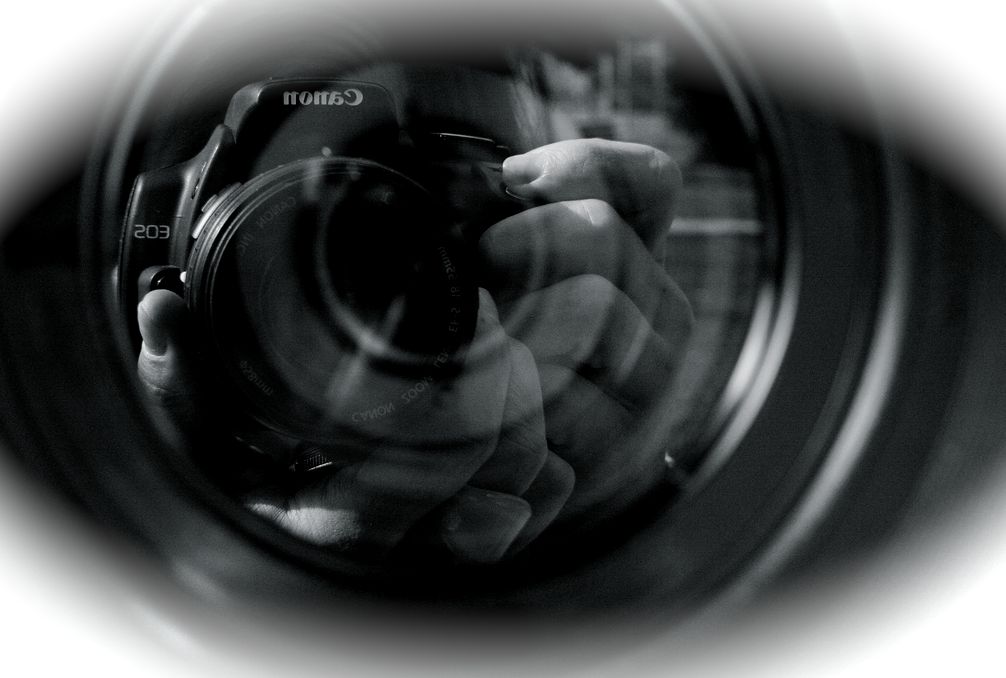In a crackdown on shoplifting in the capital, the Metropolitan police have decided to employ controversial facial recognition software.
A protocol with top London retailers will allow the police to target offenders that cause most harm. Within a few days of the deployment of the facial recognition technology, the Met was able to identify 149 suspects using CCTV footage from the retailers.
Every suspect had previously been arrested for crimes, including drug possession and supply, sexual offences, burglary, violence, and firearms possession.
According to a Metropolitan Police press release, London loses £1.9 billion annually from retail crime. In addition to the financial loss, these crimes also cause distress to staff with 1,000 cases of abuse and violence being reported each year. They claim that with 1 in 10 Londoners working in retail businesses, the impact of these crimes can be seen across the city.
Met Police Commissioner Sir Mike Rowley said that the results were “game-changing” and that the use of this technology “could revolutionise how we investigate and solve crime.” He is also stated as saying that the technology was “pushing the boundaries” in criminal investigations.
The Met also highlighted how the technology was being used to target and track offenders of violence against women and girls.
However, this technology is highly controversial. As previously reported by the Justice Gap, the use of facial recognition has recently united politicians in calling for the technology to be banned.
Reacting to the announcement, Dr Matt Mahmoudi from Amnesty International told LBC it is “incompatible with the right to equality and non-discrimination”. Emmanuelle Andrews from Liberty, speaking to Sky News, criticised the technology arguing that it “threatens our privacy” and the use of it is an “unjustified expansion of state surveillance.”
Big Brother Watch have also criticised the roll-out of using facial recognition technology. Mark Johnson, from the group, also said to LBC that ‘we urgently need a democratic, lawful approach to the role of facial biometrics in Britain, and without this, police forces should not be using this Orwellian technology at all. Strict rules govern police use of DNA and fingerprints, yet police are writing their own rules on the use of our face prints.’






